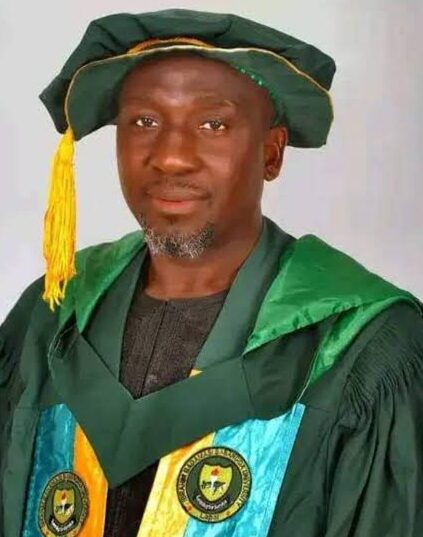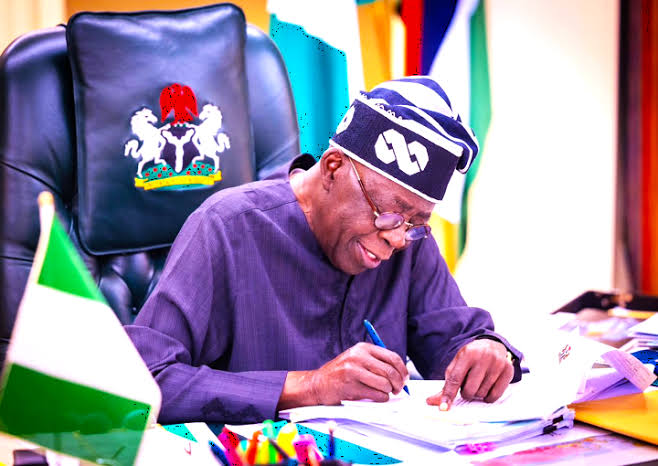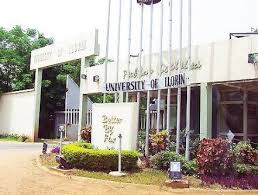By: Tunde Bolaji, Minna.
An educationist, Professor Mohammed Ibrahim Baji, has advocated for better welfare for teachers and the restoration of the famous Grace II Teacher Training Colleges across Nigeria.
The university don, who is the Director of the Institute for Continuing Education and E-Learning at IBB University, Lapai, Niger State, also emphasized the need for the establishment of more Colleges of Education to ensure the production of qualified and competent teachers.
Professor Baji made this submission in his keynote address at the 2nd National Conference organized by the School of Education, Niger State College of Education, Minna.
The theme of the conference was: “Transforming Teacher Education for Inclusive Education in Nigeria: Strategies for Production, Relevance, and Retention.”
Professor Baji stated that the production of more qualified and competent teachers, along with the transformation of the Niger State College of Education into a University of Education, would enhance career prospects and progression in teacher education within the state.
According to him, transforming teacher education in Nigeria is a critical step towards achieving educational excellence and national development.
He maintained that by drawing inspiration from global models—where massive investments in infrastructure, curriculum reforms, and effective policy implementation have led to significant progress—Nigeria can develop a more dynamic and sustainable teacher education system.
He therefore commended the state government for establishing the Niger State Teacher Professional Development Institute (NSTPDI).
According to him, the institute has the potential to restore the lost glory of teacher education in Nigeria through pre-service training, in-service training, teacher certification, and licensing.
The don further stated that teacher education is a key parameter in national growth and development.
He noted that teacher education is not just about learning how to teach, but about building a strong, capable, and reliable workforce that can move the country forward.
Professor Baji identified several challenges confronting teacher education in Nigeria, including poor funding, corruption, inconsistent policy implementation, outdated curricula, negative public perception towards education, infrastructural deficits, poor working conditions and motivation, inadequate handling of teaching practice, brain drain, and ineffective quality control mechanisms.
He maintained that if these major challenges are reduced to the barest minimum, teacher education in Niger State and Nigeria will thrive once again, producing more qualified, competent, and committed professional teachers.












